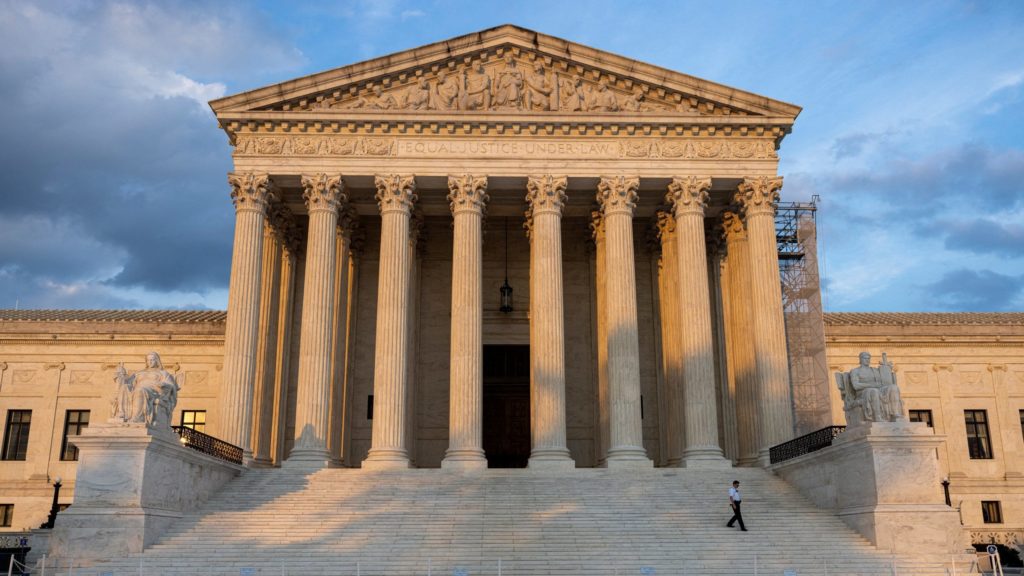The Catholic Charities Bureau of the Diocese of Superior, Wisconsin, asked the U.S. Supreme Court Aug. 9 to overturn a decision by the Wisconsin Supreme Court the agency argued discounted its religious identity.
The group filed an appeal to the high court of a March 14 ruling by the Wisconsin court that Catholic Charities is not exempt from paying into the state's unemployment insurance system because its operations aren't primarily religious under the statute.
Nick Reaves, senior counsel at Becket, a religious liberty law firm in Washington that is representing theagency, told OSV News in an interview that under a Wisconsin law "employers who employ certain types of people and certain types of roles have to pay into this unemployment compensation plan," comparable to similar plans in other states.
Wisconsin law states religious employers in the Badger State are eligible for an exemption from its unemployment benefit program if they operate primarily for religious purposes, Reaves said. The state argued, however, that the Catholic Charities Bureau does not meet that standard.
The Catholic Charities Bureau is seeking an exemption so that it can participate in an alternate program, the Church Unemployment Pay Program, established by the Wisconsin bishops in 1986, according to its court filings. They argued the church's program provides the same level of benefits to unemployed individuals as the state's system but calls their program "more efficient."
"So we want to participate in the Catholic bishops' unemployment pay program, which provides the same benefits at a much lower cost," Reaves said.
Asked whether participation in the state's unemployment program presents a challenge to the Catholic Charities Bureau's operations, Reaves cited the principle of subsidiarity, or the idea, formed in Catholic teaching, that some decisions are best left to smaller, localized institutions rather than larger ones.
"They applied to participate in the churches' program, which is a smaller, more local program," he said.
He also argued that Catholic Charities also estimates it is spending, "both between man hours and actual costs in terms of paying this tax, hundreds of thousands of dollars" more for benefits comparable to those of the Church Unemployment Pay Program, and the agency could redirect the money it is spending to charitable efforts.
The 4-3 decision by the Wisconsin Supreme Court in March raised the threshold for religious groups to prove their charitable organizations qualify for such an exemption under state law. The court's ruling, along its ideological lines, found that while the mission of the Catholic Charities Bureau and its subsidiaries are inspired by Catholic teachings, its actual work is "primarily charitable and secular" under state statute.
"In other words, they offer services that would be the same regardless of the motivation of the provider, a strong indication that the sub-entities do not 'operate primarily for religious purposes,'" Justice Ann Walsh Bradley wrote in the majority opinion.
Bishop James P. Powers of Superior said in an Aug. 9 statement, "Catholic Charities Bureau carries out our Diocese's essential ministry of caring for the most vulnerable members of our society."
"We pray the Court will recognize that this work of improving the human condition is rooted in Christ's call to care for those in need," he said.
It remains to be seen whether the high court will take up the case. The court's next term is scheduled to begin in October.

